20 Coolest Cloud Productivity App Vendors
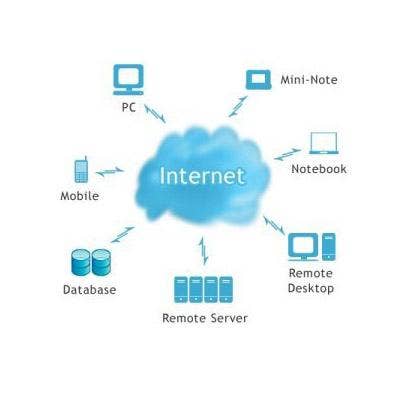
Within many businesses, the adoption of cloud-computing productivity applications generally went like this:
Sales manager: "We need to implement a CRM system. How long will that take?"
IT manager: "Can you get back to me in about a year? We're very backlogged on projects."
Sales manager: "Uh, OK."
And so the sales manager went off and subscribed to Salesforce.com's CRM service, adopting cloud computing as a way to get around the IT department. That's been changing, however, as IT managers come to understand the potential benefits of using cloud-based personal productivity applications, from lower infrastructure costs, to improved flexibility, to eliminating time-consuming software implementations and upgrades. While the ranks of on-demand software vendors grow daily, here are the 20 coolest cloud productivity applications that solution providers and their customers should be aware of.
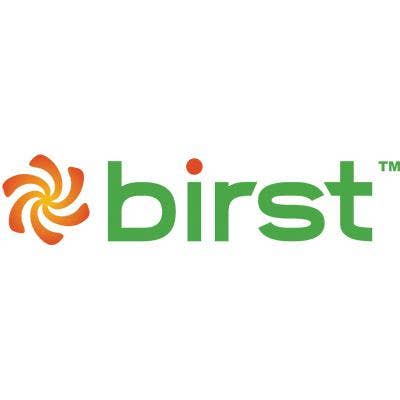
Birst targets its cloud-based business intelligence tools toward mid-market businesses and underserved departments of big companies that may not have the money or expertise to implement large-scale, complex business intelligence systems. Businesses use Birst to extract data from multiple sources, build data warehouses and author reports. The Birst Live Access feature in the latest release of the software lets businesses tap into pre-existing data warehouses. And the Birst Advanced ETL Services helps companies handle complex data transformations.
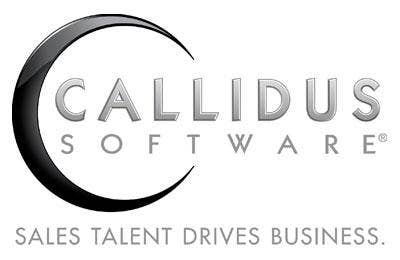
In "Glengarry Glen Ross" Alec Baldwin "motivates" sales representatives by offering a car, a set of steak knives -- and getting fired -- as performance incentives. Thankfully sales managers today have better tools. With its on-demand sales performance and incentive compensation management applications, Callidus seeks to do for sales compensation management what Saleforce.com has done for CRM. The applications help businesses manage incentive payments to employees, distributors, brokers and -- yes -- channel partners, to help align those incentives with corporate goals.

FinancialForce.com, formerly known as Coda, is another cloud-computing app vendor that's following the Salesforce.com model. In fact Salesforce holds a minority stake in the company, and its on-demand accounting applications are built on Salesforce's Force.com cloud-computing platform. Last year FinancialForce unveiled the Winter 10 release of its software with enhanced debt management capabilities, the ability to pull non-financial data into the application and a new "Launchpad" feature that helps users navigate through complex financial processes.

If there were any doubt that cloud computing -- and Google Apps in particular -- were ready for prime time, it dissipated last year when the Los Angeles city government adopted Google's e-mail and on-demand applications under a $7.25 million contract. L.A. chose Google Apps over Microsoft, which competed for the sale. What's more, in early 2009 the company began offering its Google Apps Premier Edition hosted office productivity software through solution providers for the first time.
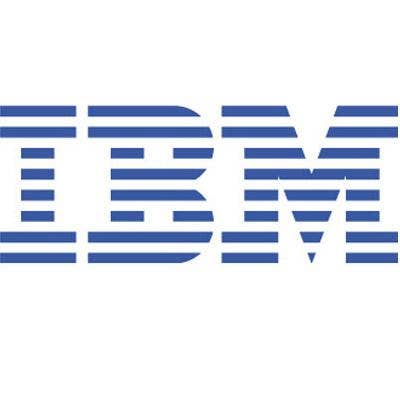
Many industry observers have long viewed IBM's Lotus division as one more road-kill victim of the Microsoft juggernaut. But Lotus is meeting with some success with its LotusLive offerings, a collection of on-demand collaboration and communications applications that provide an alternative to on-premise applications such as Microsoft Office and cloud-computing personal productivity tools such as Google Apps.
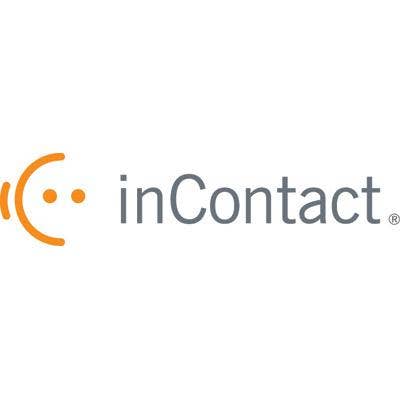
InContact offers Software-as-a-Service call center and "agent optimization" applications that are used by some 650 customers. Founded in 1997 as UCN Inc., a reseller of telecommunications services, the company evolved through a number of acquisitions. In addition to applications used by service agents to assist customers, InContact's broad product line includes interactive voice response and automatic call distribution software, computer telephony integration, and even call center workforce management tools.
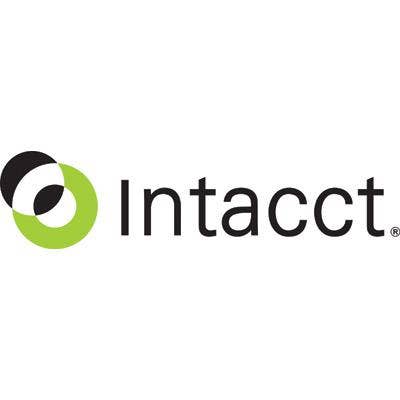
During this recession many SMBs have discovered they lack visibility into their finances. They've outgrown spreadsheets and financial management applications designed for consumers and small businesses. But buying an enterprise-class ERP system would be overkill. Enter Intacct, which offers on-demand financial management and accounting software for businesses with 25 to 1,000 employees. Competing with Microsoft, NetSuite and Sage, the company has raised $29 million in venture funding since 2007, launched a channel program in 2008, and has more than 2,500 customers.
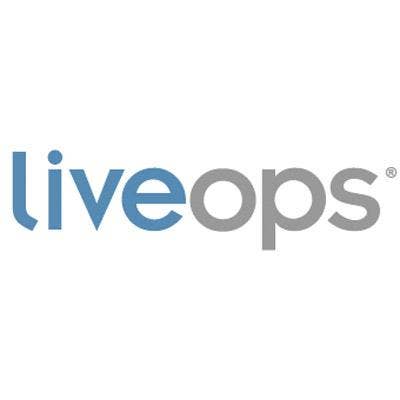
LiveOps, competing in the same market space as InContact, takes the whole cloud-computing concept to another level. Yes, it offers an on-demand contact center platform that businesses use to run their customer service departments. But it goes even further by providing a network of some 20,000 independent at-home agents who use the system -- making it possible for a business to rely on the cloud not just for its call center software, but for its entire customer service operation.
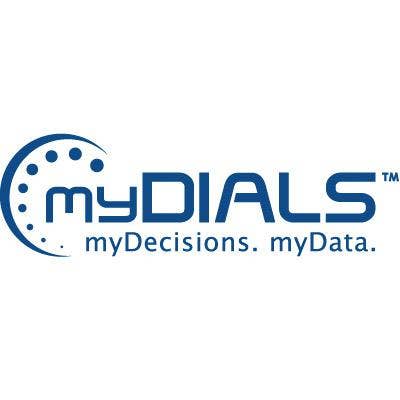
Another player in the crowded Software-as-a-Service business intelligence space, MyDials focuses on providing users with operational performance management dashboards that display key performance indicators (KPIs) and other visual metrics. With a strong presence in manufacturing, the vendor is working with channel partners who can develop useful KPIs for their clients. MyDials 3.0 offers new "what-if" scenario and problem analysis capabilities, as well as the ability to connect to a wider range of operational ERP, CRM and supply chain management applications.
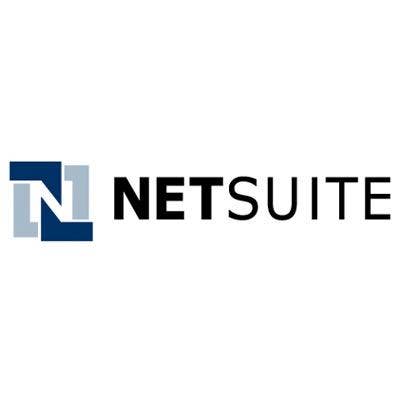
ERP applications were once developed by big companies (think Oracle and SAP) for big companies. Since its 1998 founding, NetSuite's forte has been providing integrated, on-demand ERP, CRM and e-commerce applications to SMBs, giving them many of the same process automation capabilities once available only to major corporations. NetSuite has also been building up its ISVs, whose products enhance and extend NetSuite's core applications through the company's SuiteCloud Ecosystem including development tools and an online application marketplace.
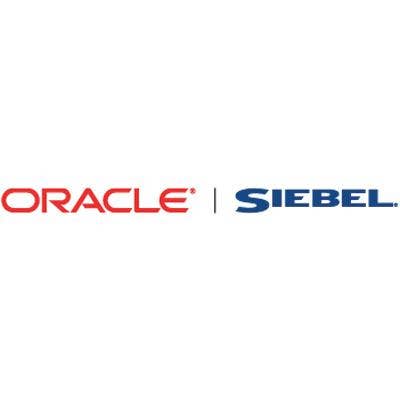
Tom Siebel essentially created the CRM industry when he launched Siebel Systems in 1993. The company began offering a SaaS version of its software in 2003, and Oracle acquired them in 2006 for $5.8 billion. Today Oracle offers both Oracle CRM On Demand, the SaaS version of the Siebel product, and Oracle Siebel CRM, an on-premise application. Businesses can implement both and link them using the Oracle Application Integration Architecture and Oracle Fusion Middleware.
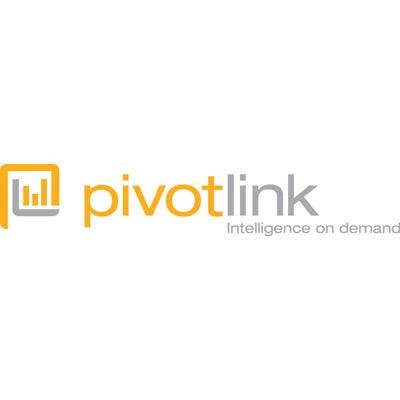
Business intelligence could be "The Next Big Thing" when it comes to cloud computing. PivotLink, with 15,000 paid subscribers generating 2 million analytic reports every month, is getting a lot of attention. The company raised $10 million in venture funding in 2009 when VCs were clinging tightly to their wallets. In April of that year, the company debuted PivotLink Gadget, which lets developers add business intelligence features to Google Apps.
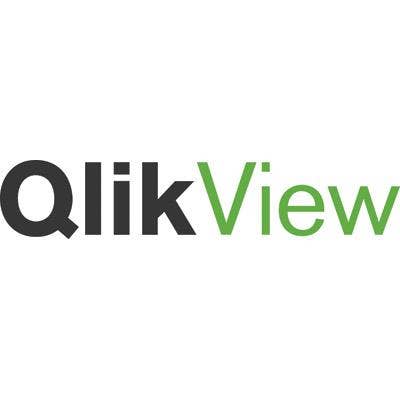
QlikTech's QlikView business intelligence software can be deployed on-premise, in the cloud, or on a mobile device. Founded in Lund, Sweden in 1993, the company went global in 2004 and now has more than 12,000 customers.
QlikView uses an "in-memory, associative approach" to data analysis, allowing the software to access and analyze data in real time. In June the company debuted QlikView 9 with enhanced visualization and search capabilities, PDF reporting, and the ability to support huge data sets.
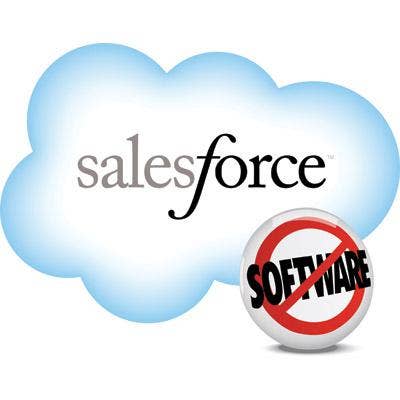
What Salesforce.com has done is popularize the concept of cloud computing, turning a vague IT architectural concept into a mainstream computing practice and providing CRM SaaS applications that -- for many businesses --were their entre into cloud computing. Salesforce has sought to solidify its position as a SaaS/cloud computing leader with its Force.com platform and infrastructure tools for developing and running cloud computing applications. Yet Salesforce's on-demand CRM sales and customer service applications still account for the bulk of the company's sales.
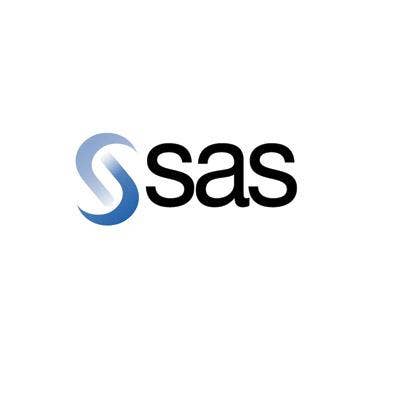
The $2 billion behemoth is a leader in business intelligence and analytical software, providing software from basic reporting to complex data analysis. SAS has been growing the number of analytical applications it provides on a hosted basis. It offers on-demand versions of its marketing campaign management and drug development software. Anticipating growth in its cloud business, SAS is spending $70 million on a new facility to manage growth in data volumes generated by its SaaS-based and hosted applications.
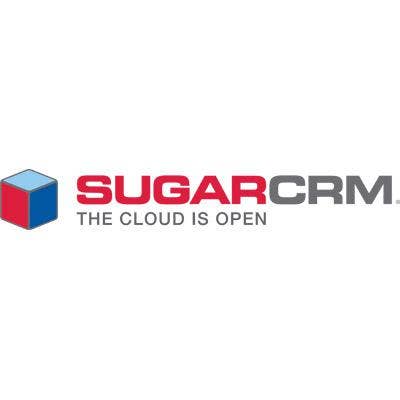
SugarCRM has been taking steps to play in the cloud computing world. In May, 2009, the company debuted Sugar Express, a low-cost ($10 per user, per month) on-demand version of its CRM application targeting small businesses, home offices and branches within larger corporations. In September, SugarCRM began making Sugar Community Edition available for developers on Amazon's Elastic Compute Cloud, allowing ISVs and in-house developers who build on SugarCRM to leverage the cloud for their development, testing and deployment chores.
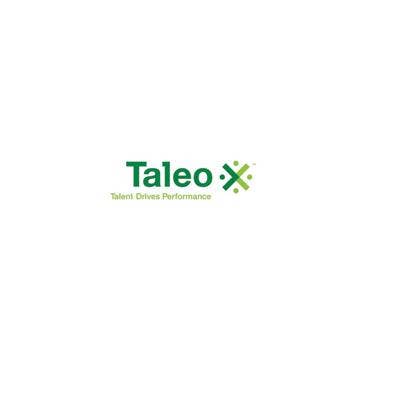
When the economy recovers, businesses will start hiring again and will need to recruit new employees, bring them on board and manage their performance. Taleo offers on-demand applications to attract, hire and retain top talent. The company has approximately 4,200 customers, including some 3,500 SMBs. Recently it debuted Taleo 10 with an updated Web 2.0 interface, new staff development capabilities and access through mobile devices and social networks such as LinkedIn and Facebook.
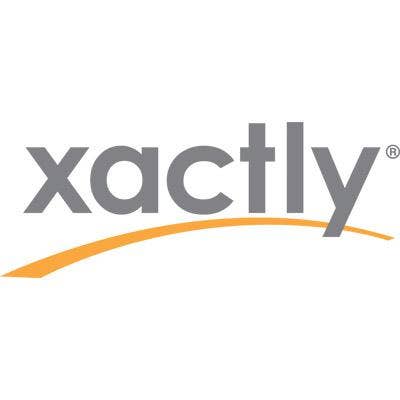
Xactly, a competitor to Callidus, provides on-demand applications that help sales managers keep tabs on how well sales reps are meeting their quotas, manage incentives such as commissions and even define sales territories. All that may seem to come awfully close to Salesforce.com's applications, but Xactly and Salesforce actually play nice together: The Xactly Business Solutions software for SMBs is even built on Salesforce's Force.com cloud computing platform.
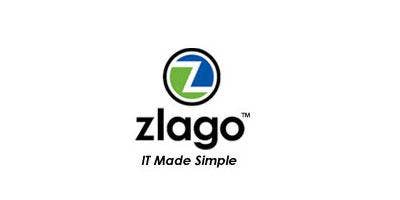
For small businesses with limited IT resources, moving to the cloud can be a daunting prospect. Zlago seeks to overcome those limitations by offering SMBs packages of hosted applications, including desktop, e-mail, backup, security, data storage and other business applications. Zlago is eagerly recruiting VARs to private-label the hosted services for their customers. For anyone trying to figure out how the channel fits into the cloud, Zlago is one to keep an eye on.
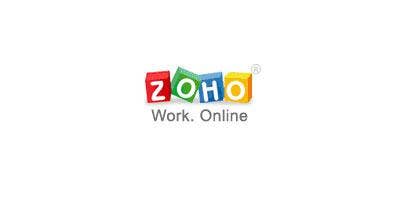
Zoho, founded in 1996, offers 21 cloud applications ranging from word processing and spreadsheets to CRM and project management. One reason for Zoho's success is it doesn't force users to switch. It has integrated its project management software with Google Apps and offers plug-ins that make it possible to use applications with Microsoft Office and SharePoint. That's the kind of strategy that makes it easier for solution providers to help their customers adopt cloud computing.